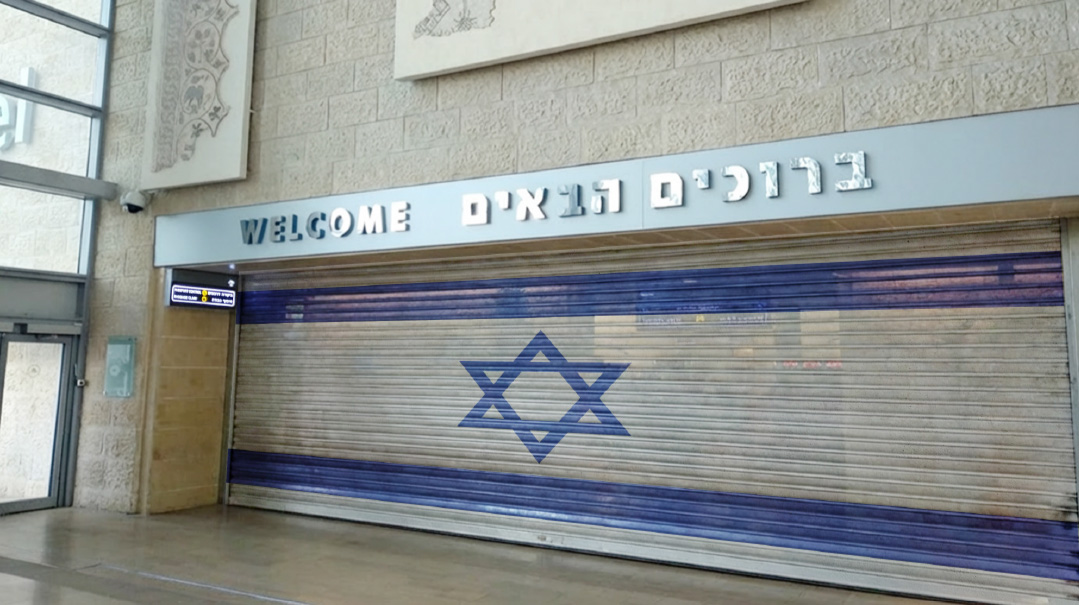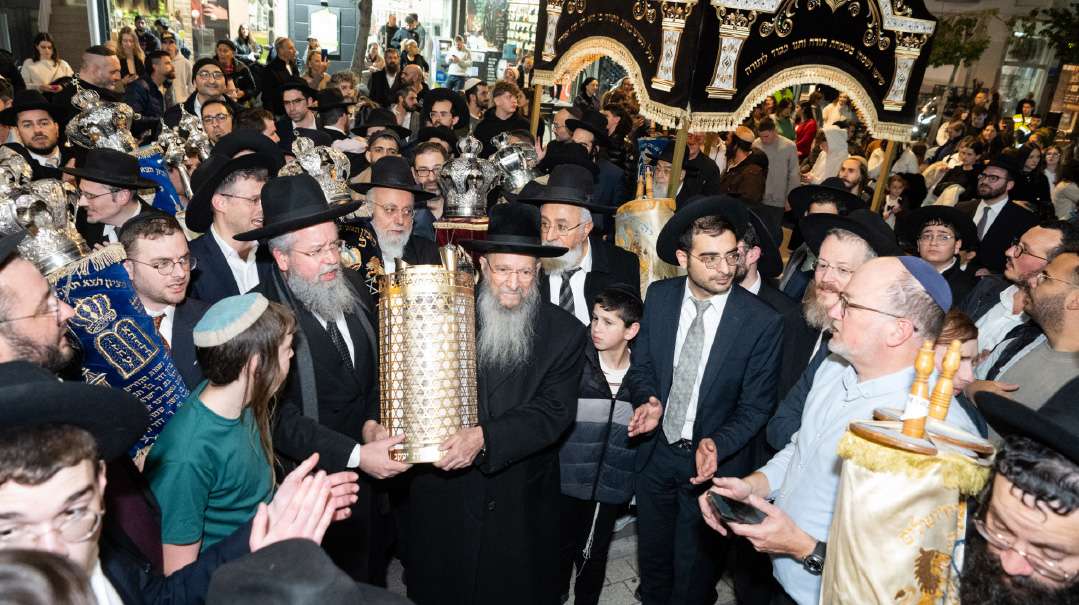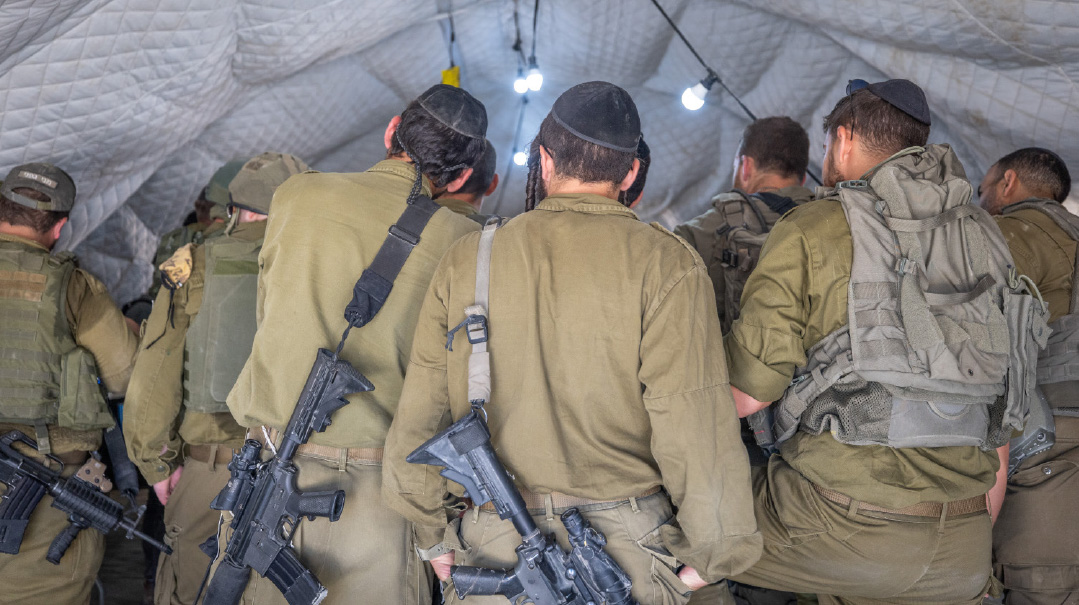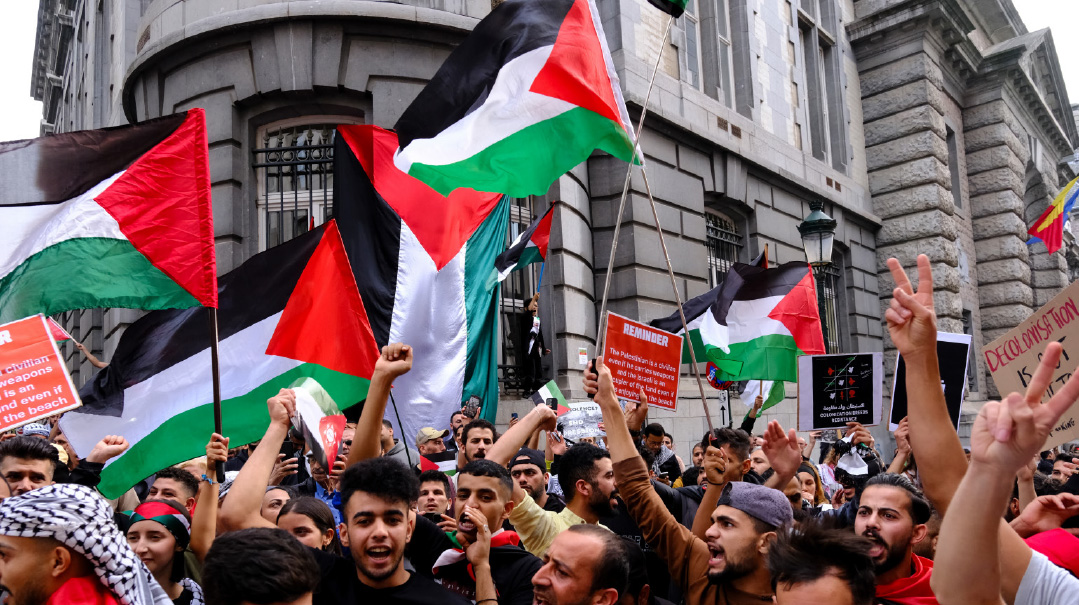Ordinary Greatness

We don’t know why some souls go through such convoluted spiritual journeys
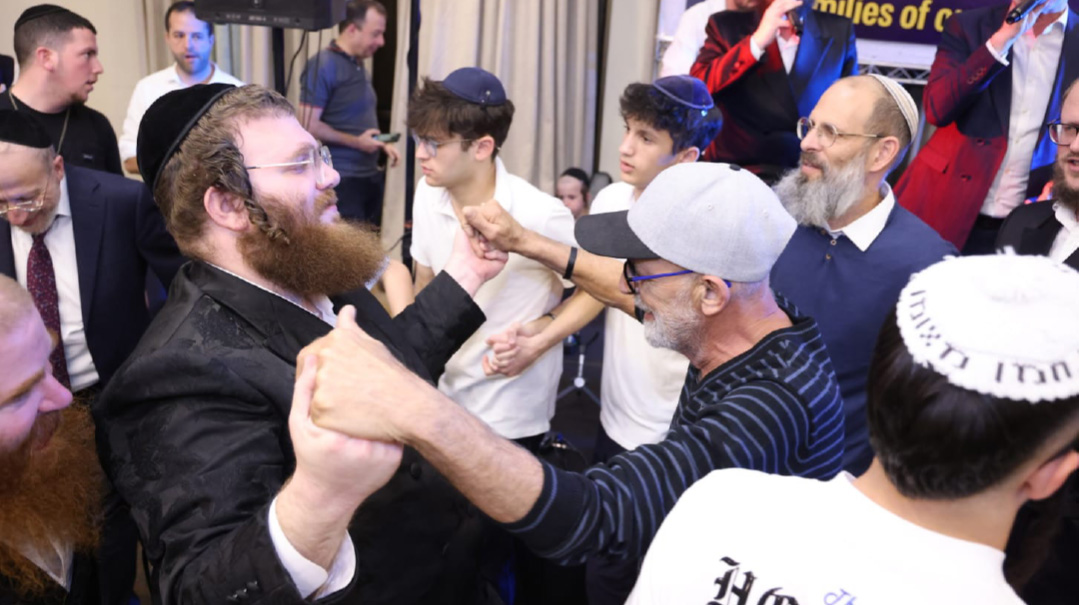
1
Kaddish is a powerful tefillah at any time, but there’s a particular sadness when it’s a father mourning a son. Then it becomes a marker of the fact that the natural course of events has been reversed, that a young life has been cut short, leaving the parents to mourn what will never be.
Take that Kaddish and multiply it by dozens, and you’ll get some idea of what it’s like to daven with a group of bereaved parents in post-October 7 Israel, as I did over a recent Shabbos.
As dozens of fathers mourned their fallen children, victims of the Nova massacre and combat in Gaza, it was a shiver-inducing Kaddish; one that might have been heard in a post-Holocaust DP camp.
The event was a shabbaton run by Menucha V’Yeshua, an organization that supports families going through a medical crisis. Since Simchas Torah, they’ve pivoted to helping those who’ve lost children in the war, with shabbatons giving families a chance to rest, and join others who are enduring the same pain.
Like the Kaddish itself, the Shabbos was both somber and elevating — an encounter with what I call “ordinary greatness.”
When we talk about gadlus, we often mean the heroic sacrifices and lofty levels of gedolei Yisrael. But there’s another type of greatness that mostly passes unnoticed: the spiritual greatness that ordinary Jews are capable of, and that emerges in a crisis.
“Mi k’amcha Yisrael” has become shorthand for a whole genre of stories — with a WhatsApp status to match — about ordinary Jewish heroism. That behavior doesn’t exist in a vacuum, but is sourced in our connection to Hashem. “Atah Echad” — G-d’s Unity — is related, as we say at Shabbos Minchah, to the idea of “goy echad ba’aretz,” the unique spiritual greatness of the Jewish People.
2
Ariel Eliyahu Hy”d exemplified that “average greatness.” On Simchas Torah, the 19-year-old was in a tank stationed next to Kibbutz Be’eri. As gunner, Ariel managed to take down many terrorists, but at some point the tank was hit by a missile. With most of the crew out of action, the driver continued to run over Hamas terrorists and saved many lives by distracting the invaders at the Nova festival. Eventually he bailed out of the burning tank where he survived after a harrowing escape, to tell Ariel’s story.
With his large kippah, flowing peyos, and glasses, Ariel could have been any of the hundreds of young religious soldiers you meet at bus stops across Israel. It took his tragic passing to reveal the depths hidden behind his youthful smile.
Not only did he fight like the lion whose name he bore, he lived with real perspective as well. His parents, Achiya and Idit — who spent years teaching in Flatbush’s Syrian community — shared how he’d used his high-school English classes back in Israel to complete Shas Mishnayos.
Months before, after news of a terror attack, he’d written to his parents of his mixed feelings, at once shaken and strong.
“What’s hardest for me about these things is the suddenness — it’s a shock. But I don’t think that what happens should prevent us talking to Hashem. That’s because everything that Hashem does is for the good. And even if I were to be killed, I would still say that, because I believe it with total emunah.”
Ariel Eliyahu lived and died with “Atah Echad”; in the process, he became another embodiment of “Mi k’amcha Yisrael” — ordinary Jewish greatness.
3
In our confused, Ikvesa D’Meshicha generation, spiritual longing isn’t always found in the most obvious places. Yehuda Becher Hy”d, who died at the Nova festival and whose family was at the shabbaton, was an example. From a religious home, he’d gone on a tortuous journey of self-exploration that had left him outwardly secular, but with a neshamah yearning for connection.
There’s no other way to interpret the video of Yehuda that emerged after Simchas Torah. Dashcam footage from a few months before captured him driving in a vest and with no kippah, singing with incredible — almost transcendent — yearning. I’ve watched the video many times, and each time come away stirred by the same thing.
“Elokai Neshamah,” Yehuda sings with a dveikus that wouldn’t have been out of place at a tish, and a wide smile as he gestures at the camera.
“The clip was sent to his friend, who was feeling very down, and had asked for something to make him feel better,” Yehuda’s brother Yedidya Becher explained to me. Over Shabbos, Yedidya and another brother sang Yehuda’s song again.
We don’t know why some souls go through such convoluted spiritual journeys. But Yehuda’s last video is a reminder not to underestimate the Jewish soul. Under the secular shell of so many who seem to have drifted is a neshamah that stood at Sinai and yearns to find its way home.

4
And there are Jews like Mendy Kenig, founder of Menucha V’Yeshua — the organization that brought the families together — who demonstrate that chesed is often about a big hug and a big Jewish heart.
Mendy’s story began when he received the news a few years ago that his wife and baby had fallen from a speeding bus. Mendy was about to take off for Kerestir, Hungary, and couldn’t deplane in time. While in the air, his wife underwent surgery for a severe head wound. Back in Israel, the Kenigs — a chassidish family from Modiin Illit — learned a thing or two about the difficulty of recuperating from serious illness. In the merit of his wife’s recovery, Mendy began raising money to fund recovery retreats for families undergoing similar difficulties.
When the war began, a group of generous donors who wanted to help the bereaved families connected with Mendy. Since then, the very diverse crowd — traditional mesorati Jews, dati-leumi families, and chareidi parents — have connected in an extraordinary way with each other and the chassidim who run the program.
In a time of growing tension between those who serve in the IDF and those who don’t, the unusual, mold-breaking setup works because — in the best Kerestir tradition — there’s no agenda other than helping Jews with a l’chayim and a hug.
As the donors of the shabbaton, a group from Lawrence, New York, connected with the bereaved families, it was a healing moment for both sides — the bereaved and the comforters.
Six months into this war, the initial enthusiasm and feeling of unity have inevitably ebbed. But we shouldn’t lose sight of the fact that everywhere we look — including ourselves — lie the latent seeds of ordinary Jewish greatness.
(Originally featured in Mishpacha, Issue 1007)
Oops! We could not locate your form.

